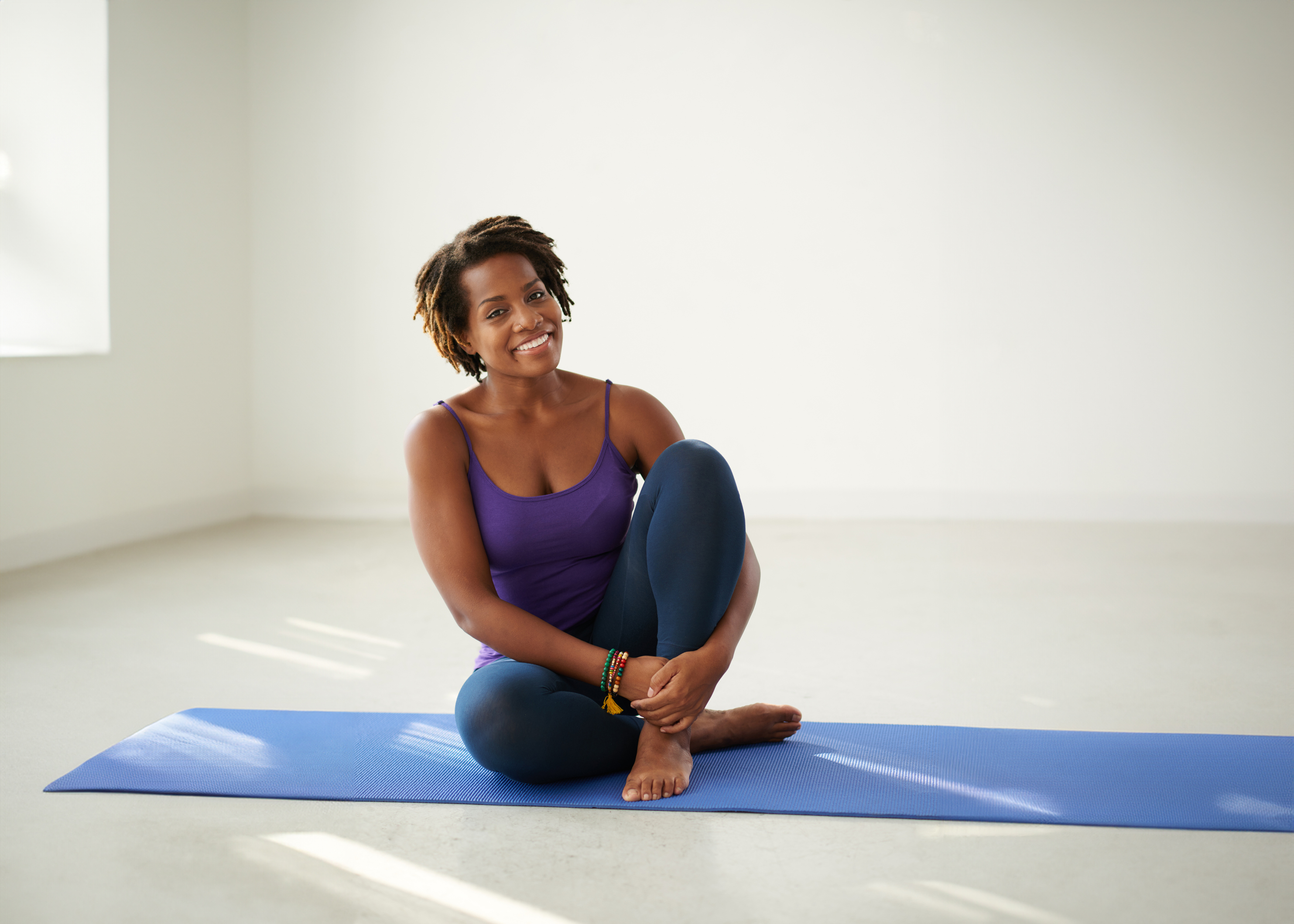
Episode Transcript
What is health, and what does it mean to be a healthy woman? In 1948, the World Health Organization, WHO, defined health with this phrase that's still used today "Health is a state of complete physical, mental, and social wellbeing and not merely the absence of disease or infirmity." Well, that's great. I think most of us would agree with that.
But in 1986, WHO went a little further, and I think this is important here, "A resource for everyday life not the objective of living, health is a positive concept emphasizing social and personal resources as well as physical capacities." And that's a little more nuanced. We all know people who are completely focused on their health, they exercise all the time, they talk about their diet, they talk about their exercise as if their health were the only focus of their lives. And in this 1986 phrase, they did say that health is a resource for everyday life, not the objective of living.
Factors Influencing Health
So, the WHO suggests the following factors may have an impact on health. Where you live—it's harder to feel healthy if you're in a combat zone. The state of the surrounding environment—it's hard to be healthy if you're living, maybe in the middle of a hurricane or a flooded area. Your genetics, your income, your education level—it's kind of hard to feel well and healthy if you're constantly struggling for food or to pay your bills. Your education level as I said, and relationships with friends and family.
Seven Domains of Women's Health
The Scope at the University of Utah, Center of Excellence in Women's Health embraces the framework of the seven domains of women's health. Women have told us that they have a very holistic concept of what it means to be healthy. The seven domains of women's health are:
- Physical
- Emotional
- Social
- Intellectual
- Environmental
- Financial
- Spiritual
So, how are you doing in these areas? You probably have a very good idea of how you're doing, but, in environmental health, I don't have a sidewalk in my neighborhood, I can't walk to the store, there are no buses nearby, and I have unsafe chemicals in my house because I have a bottle of bleach. So those four things put me in the unhealthy category in the environment. So, I live in a little neighborhood in a canyon that doesn't have sidewalks and the buses don't come up. I think I actually have a healthier environment than that, but those things are, at least, what some people consider important. To be able to walk, to feel safe in your environment, be able to walk to places, to playgrounds. And I have a playground, I guess in my backyard, but not an official one.
Now, what about my financial health? So they want you to be able to have a financial goal. I'm retired. And I guess my financial goal might be to keep retiring, so that's my financial goal.
Anyway, for those who think about health and have defined health as the ability of the body to adapt to new threats and illnesses, the concept of resilience is really important. And I think that, and many of us think about when we care for women that resilience allows us to think about women who might even be quite ill with chronic diseases as healthy. Meaning, they cannot modify the actual disease process because that's out of their control. But what they can modify is their social, emotional, spiritual, environmental, economic, and intellectual aspects of their approach to their illness.
Health as a State, Not an End Goal
So being healthy is not the final goal of life, it's a state that allows you to live more fully and be more resilient. With these more holistic definitions, even women with chronic illnesses can be healthy. I hope for all of you, a state of physical, mental, and social well-being not as an end in itself, but as a resource for a full and healthy life. And thanks for joining us on The Scope.
updated: December 8, 2023
originally published: October 5, 2017